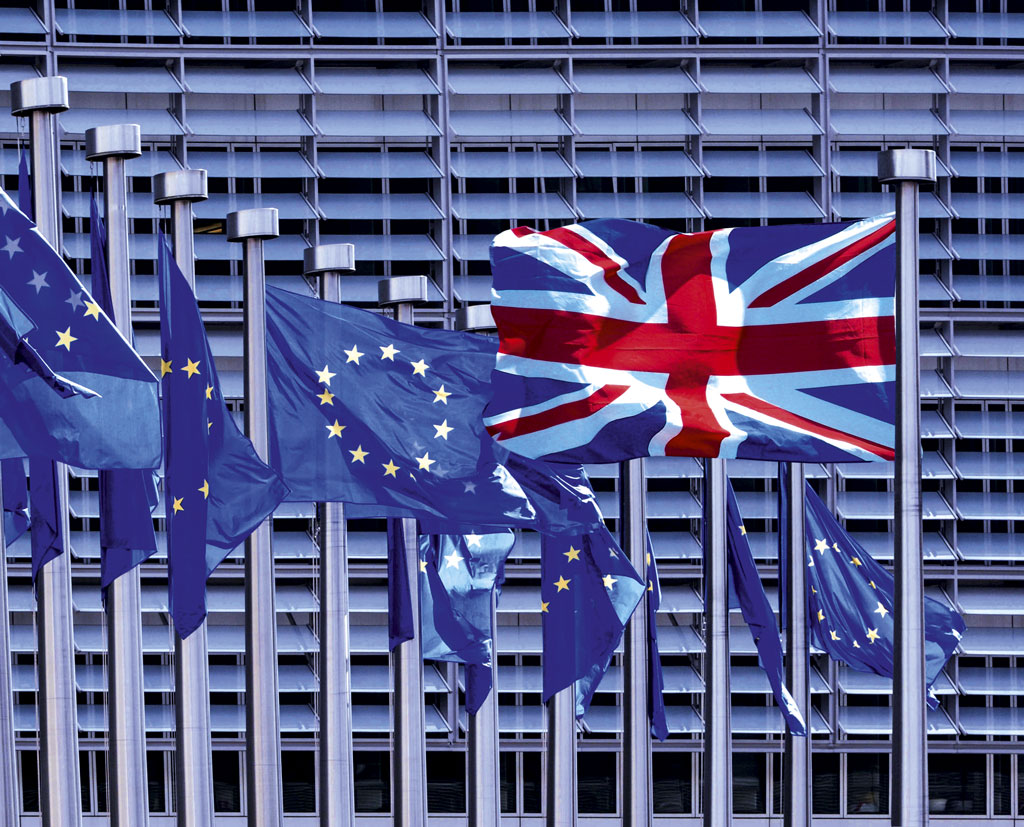
Chris Pamplin takes a broad view of the possible implications for expert witnesses of Britain’s exit from the EU
-
What approach will be taken in relation to the taking of evidence, including expert evidence, in cross-border litigation?
-
EU legislation such as the EU Taking of Evidence Regulation has simplified and assisted procedures.
-
Steps will be required to ensure that clauses giving exclusive jurisdiction to English courts continue to be effective.
Over the many years of Britain’s EU membership there have been numerous EU Directives, regulations and conventions, all of which have impacted on cross-border litigation in member states, eg the recognition and enforcement of judgments across borders, the determination of jurisdiction, the obtaining and taking of evidence, the investigation of civil and criminal cases and the availability of sanctions.
Alongside these wider issues there are also regulations in place governing such matters as legal assistance, money laundering, legal professional privilege and the European Arrest Warrant. New provisions must be put in place to cover all of these, but









